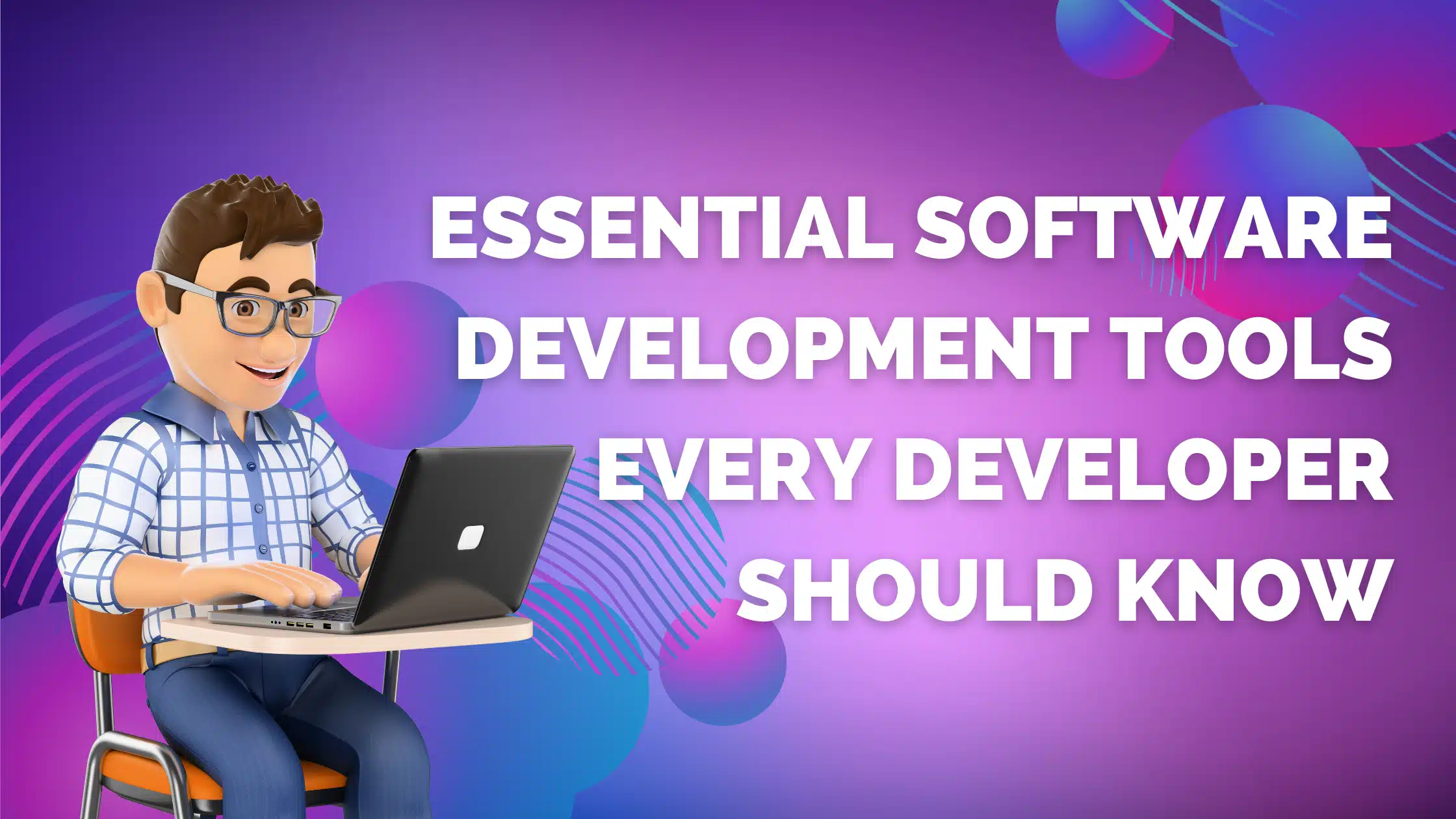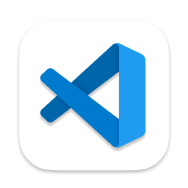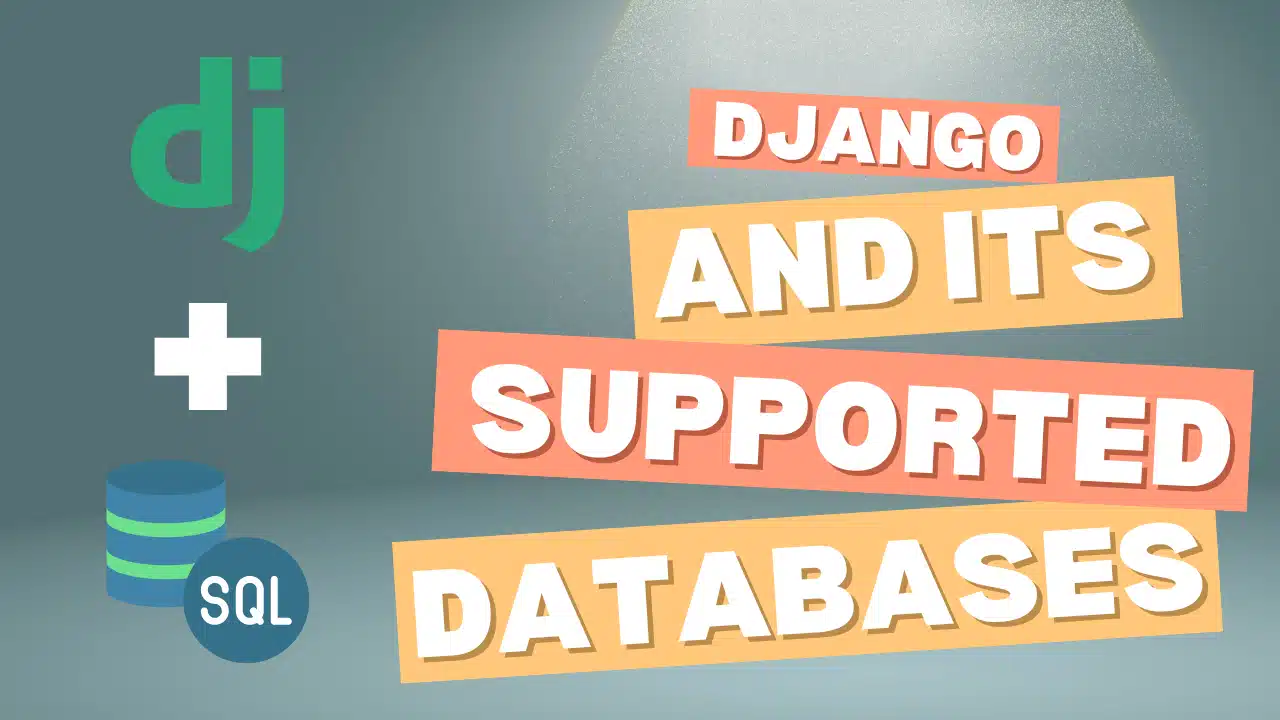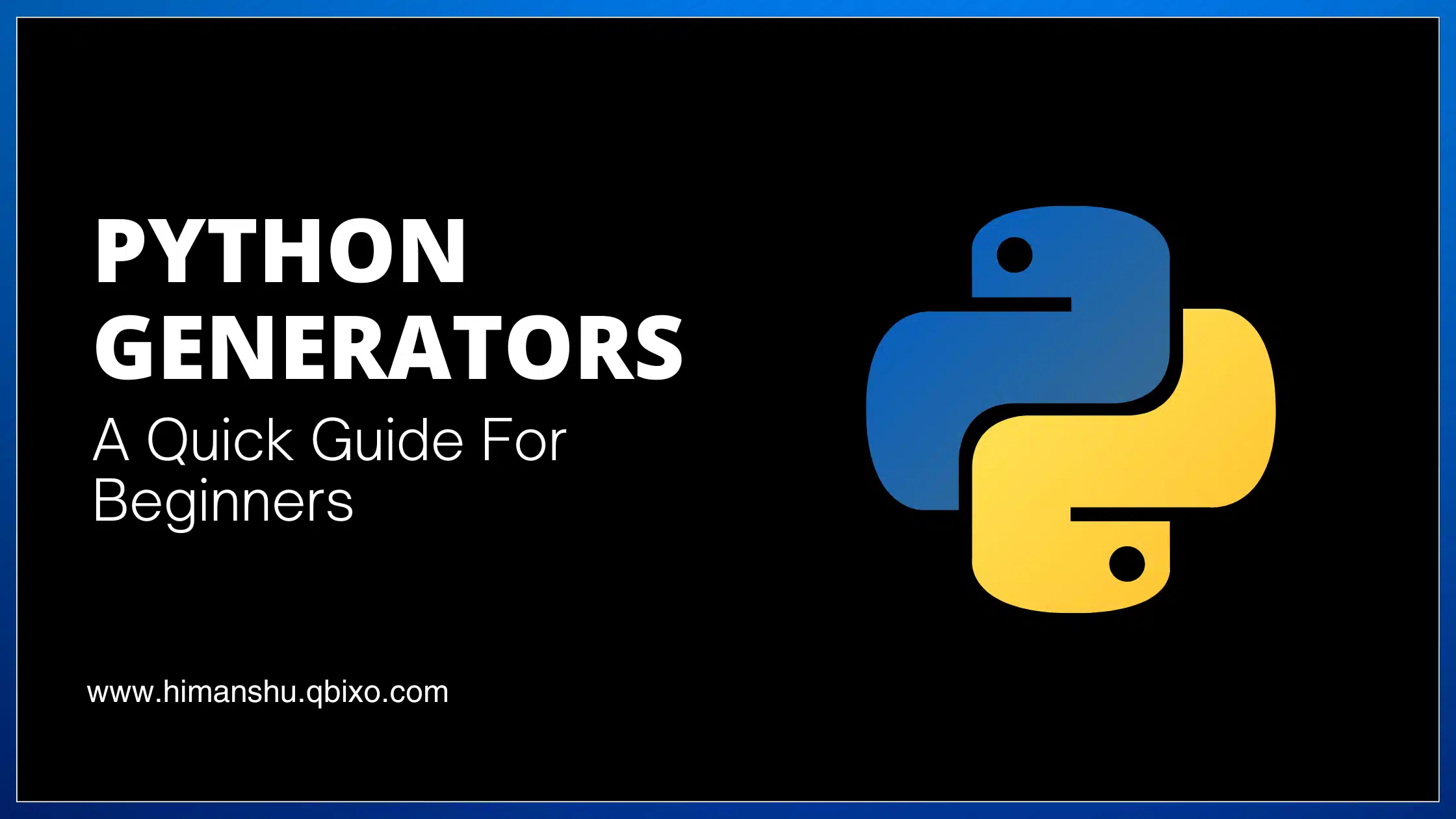Essential Software Development Tools Every Developer Should Know

In today's fast-paced digital age, software development is at the heart of technological innovation. Whether you're an experienced developer or just starting, having the right tools can significantly enhance your productivity and creativity. Here's a roundup of essential software development tools that can streamline your workflow and empower your coding journey.

Integrated Development Environments (IDEs)
An integrated development environment, or IDE, is an essential software tool that integrates essential features like code editor, debugger, and compiler into a unified platform. Development software like Visual Studio Code and IntelliJ IDEA are renowned for their versatility and extensive plugin ecosystem, catering to various programming languages including Python, JavaScript, Java, and more. These IDEs provide a seamless coding experience with features like syntax highlighting, auto-completion, and version control integration.
Version Control Systems
Efficient collaboration and code management are made possible by Version Control Systems (VCS) such as Git. Git enables developers to track changes, manage branches, and merge code seamlessly. Platforms like GitHub and GitLab further enhance collaboration by offering repository hosting and issue-tracking functionalities, fostering a collaborative environment for teams.
Package Managers
Package Managers are invaluable tools for managing dependencies and libraries within your projects. npm (Node Package Manager) for JavaScript and pip for Python are prominent examples. These tools automate the process of installing, updating, and removing packages, ensuring compatibility and reliability across different environments.
Containerization Tools
Containerization has revolutionized software deployment by encapsulating applications and their dependencies into lightweight, portable containers. Docker is a leading containerization tool that simplifies deployment across diverse environments, providing consistency from development to production.
Continuous Integration/Continuous Deployment (CI/CD) Tools
CI/CD practices streamline the delivery pipeline by automating build, test, and deployment processes. Jenkins and CircleCI are popular CI/CD tools that integrate seamlessly with Version Control Systems, enabling teams to deliver code changes rapidly and reliably.
Collaboration and Communication Tools
Effective communication and collaboration are key to successful software development projects. Tools like Slack facilitate real-time communication among team members, while Jira and Trello offer project management capabilities, enabling teams to track tasks, issues, and milestones efficiently.
Documentation Generators
Clear and concise documentation is essential for maintaining and scaling software projects. Documentation generators like Swagger for APIs and Javadoc for Java streamline the process of documenting code, making it easier for developers to understand and use your APIs and libraries.
Testing Frameworks
Quality assurance is paramount in software development. Testing frameworks such as JUnit for Java, pytest for Python, and Jest for JavaScript provide robust tools for writing and executing tests, ensuring code reliability and functionality.
Conclusion
Choosing the right software development tools can significantly impact your productivity and the quality of your code. Whether you're enhancing collaboration with Version Control Systems like Git or streamlining deployment with Docker, these tools empower developers to innovate and deliver exceptional software solutions. By integrating these essential tools into your workflow, you can elevate your development process and stay ahead in today's competitive tech landscape.
Embrace these tools, master their capabilities, and witness how they transform your development software experience from good to extraordinary. Stay updated with the latest advancements and continually explore new tools to optimize your coding journey.
Remember, in the world of software development, the right tools are not just aids?they're game-changers.
FAQs
Que 1. What are Integrated Development Environments (IDEs), and why are they important?
Ans. Integrated Development Environments, or IDEs, are software applications that combine essential tools for software development, such as code editors, debuggers, and compilers, into a single platform. They are crucial because they streamline the coding process by offering features like syntax highlighting, auto-completion, and version control integration, thereby enhancing developer productivity and efficiency.
Que 2. How does Git help in software development?
Ans. Git is a Version Control System (VCS) that enables developers to track changes to their codebase, manage different versions of their projects, and collaborate effectively with team members. It allows for branching and merging of code, making it easier to work on different features simultaneously without disrupting the main codebase. Platforms like GitHub and GitLab further enhance collaboration by providing repository hosting and issue-tracking functionalities.
Que 3. What is Docker, and why is it beneficial for developers?
Ans. Docker is a containerization tool that allows developers to package their applications and their dependencies into a standardized unit called a container. Containers are lightweight, portable, and isolated environments that ensure consistency across different development and deployment environments. Docker simplifies the process of building, shipping, and running applications, making deployment more efficient and predictable.
Que 4. How do Continuous Integration/Continuous Deployment (CI/CD) tools improve software development?
Ans. CI/CD tools automate the process of building, testing, and deploying code changes, ensuring rapid and reliable delivery of software updates. By integrating with Version Control Systems like Git, CI/CD pipelines automate repetitive tasks, detect errors early in the development cycle, and facilitate continuous delivery of software updates to production environments. This approach accelerates the release cycle, improves code quality, and enhances team collaboration.
Que 5. Why is documentation important in software development, and how do documentation generators help?
Ans. Documentation is crucial for understanding and maintaining software projects. It provides insights into the purpose, functionality, and usage of code, making it easier for developers to onboard new team members and for users to integrate with APIs and libraries. Documentation generators like Swagger and Javadoc automate the creation of documentation from code annotations, ensuring consistency and completeness. They facilitate clear communication of project specifications, APIs, and best practices, thereby enhancing the usability and scalability of software projects.
Que 6. How can collaboration tools benefit software development teams?
Ans. Collaboration tools like Slack, Jira, and Trello facilitate effective communication and project management within software development teams. Slack enables real-time messaging and file sharing, fostering quick decision-making and information exchange. Jira and Trello provide task tracking, issue management, and project visualization capabilities, helping teams prioritize tasks, monitor progress, and achieve project milestones efficiently. These tools promote transparency, accountability, and collaboration across distributed teams, enhancing overall productivity and project success.
About Author
Latest Blogs

Mastering C#: Your Ultimate Guide to Learning C# Programming
Introduction to C#C# (pronounced "C sharp") is a versatile and powerful programming language developed by Microsoft. Launched in the early 2000s, it is primarily used for building Windows applications, web services, and games. With its clean syntax and object-oriented principles, C# has become one of the most popular programming languages worldwide.Why Learn C#?Versatility: C# is used in various domains, from desktop applications to cloud-based services.Strong Community: With a robust community …

A Complete Guide to Hacktoberfest 2024: How to Register, Contribute, and Make the Most of It
Hacktoberfest is back for 2024! This annual event encourages developers worldwide to contribute to open-source projects. Whether you're a seasoned open-source contributor or a newcomer, this guide will walk you through the process of getting started, making contributions, and maximizing your participation in Hacktoberfest 2024. What is Hacktoberfest?Hacktoberfest is an event held every October to celebrate and promote open-source software. DigitalOcean organizes it in partnership with other tech companies and open-source …

Django and Its Supported Databases: A Comprehensive Guide
Django, a powerful web framework written in Python, offers seamless integration with various databases. Choosing the right database depends on your project needs. This guide will explore all available databases compatible with Django, how to connect them, incompatible databases, and frequently asked interview questions related to Django database integration.Supported Databases in DjangoPostgreSQLMySQLMariaDBSQLiteOraclePostgreSQLPostgreSQL is a popular open-source relational database that is fully supported by Django. It's known for advanced features like …

Python Generators: A Comprehensive Guide with Examples, Use Cases, and Interview Questions
IntroductionIn Python, generators provide a powerful tool for managing large datasets and enhancing performance through lazy evaluation. If you’re aiming to optimize memory usage or handle streams of data efficiently, understanding Python generators is crucial. This blog will cover what Python generators are, how they work, their advantages, scenarios where they shine, and some common interview questions. Whether you're a seasoned developer or new to Python, this guide will help …
Social Media
Tags
#software development tools
#development software
#IDEs
